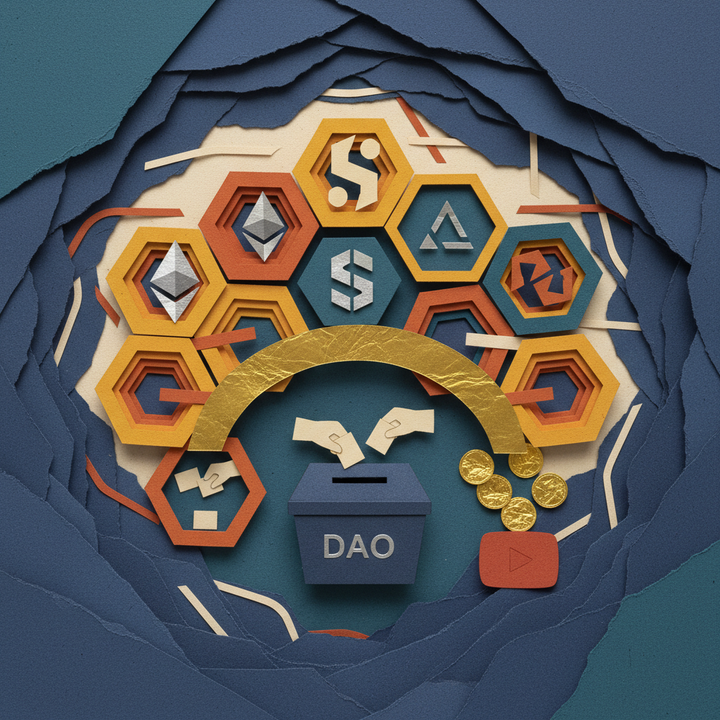House Lawmakers Introduce Groundbreaking U.S. Crypto Market Structure Bill

On May 5, 2025, House lawmakers unveiled a significant new bill aimed at establishing a comprehensive regulatory framework for the U.S. cryptocurrency market. This legislation, known as the "Digital Asset Market Structure Discussion Draft," seeks to enhance consumer protection, foster innovation, and clarify the roles of regulatory bodies overseeing digital assets.
Key Takeaways
- The bill aims to reduce the dominance of large crypto firms and promote broader market participation.
- It introduces a new definition for affiliated persons, lowering the ownership threshold from 5% to 1%.
- The Securities and Exchange Commission (SEC) will oversee crypto activities until they achieve sufficient decentralization.
- The bill clarifies the distinction between digital commodities and traditional securities.
- A joint hearing on the draft is scheduled for May 6, 2025, to discuss its implications.
Overview Of The New Bill
The newly introduced bill is a successor to the previous Financial Innovation and Technology for the 21st Century Act (FIT21). It is spearheaded by the chairs of the House Financial Services and Agriculture Committees, Glenn Thompson and French Hill, who emphasize the need for regulatory clarity in the rapidly evolving crypto landscape.
The draft outlines specific public disclosure requirements for crypto projects and provides pathways for developers to raise capital under SEC supervision or register with the Commodity Futures Trading Commission (CFTC) for trading digital commodities.
Key Provisions
- Affiliated Persons Definition: The bill defines an affiliated person as anyone owning more than 1% of a digital commodity, a significant reduction from the previous 5% threshold. This change aims to diminish the influence of large firms in the crypto market.
- Regulatory Oversight: The SEC will be the primary regulator for crypto networks until they are deemed sufficiently decentralized. This approach is intended to ensure consumer protection while allowing innovation to flourish.
- Decentralized Finance (DeFi) Exemptions: The draft specifies that DeFi trading protocols enabling self-directed financial transactions are exempt from registering as digital commodity brokers or dealers, promoting innovation in this sector.
- Investment Contract Assets: Digital commodities will be classified as "investment contract assets," differentiating them from traditional securities under the Howey test. This classification aims to provide clearer regulatory guidance for crypto firms.
- Joint Rulemaking: The SEC and CFTC will collaborate on rulemaking related to crypto asset delisting, ensuring a cohesive regulatory approach.
Industry Reactions
Industry experts have welcomed the introduction of the bill, viewing it as a crucial step toward establishing a clear regulatory framework that can help the U.S. maintain its leadership in digital asset innovation. Justin Slaughter, a vice president at Paradigm, noted that the bill addresses long-standing criticisms regarding the concentration of power among a few large firms in the crypto space.
However, the bill faces potential roadblocks, particularly from Democratic lawmakers. House Financial Services Committee Ranking Member Maxine Waters has indicated plans to block a Republican-led event discussing the bill, highlighting the ongoing partisan divide over crypto regulation.
Conclusion
The unveiling of the Digital Asset Market Structure Discussion Draft marks a pivotal moment in U.S. cryptocurrency regulation. As lawmakers prepare for a joint hearing to discuss the bill, the outcome could significantly shape the future of digital assets in the country, balancing the need for innovation with consumer protection and regulatory clarity.


